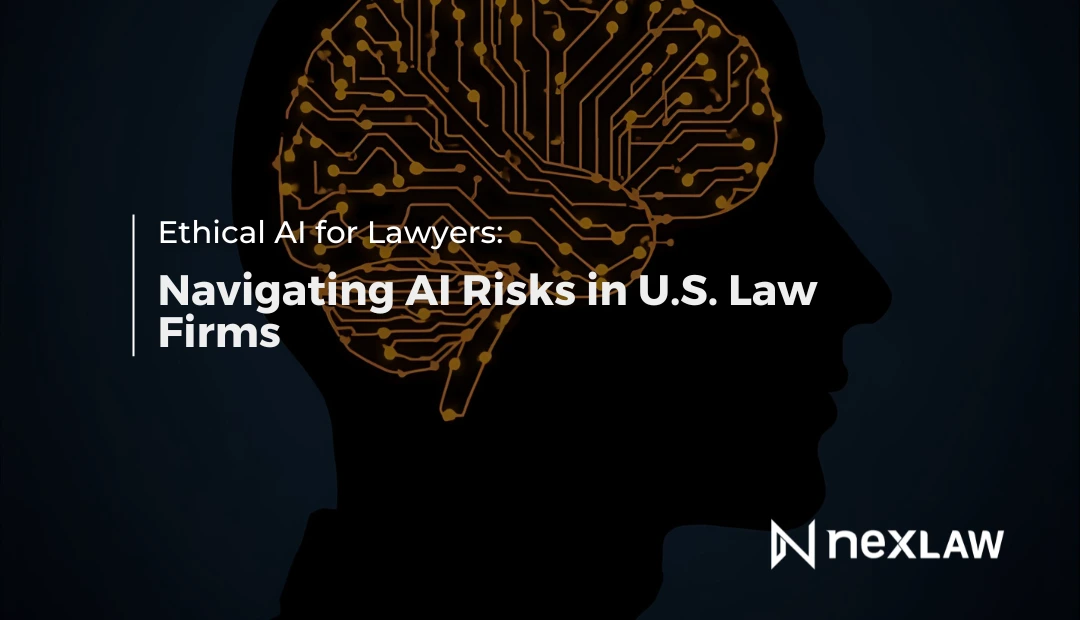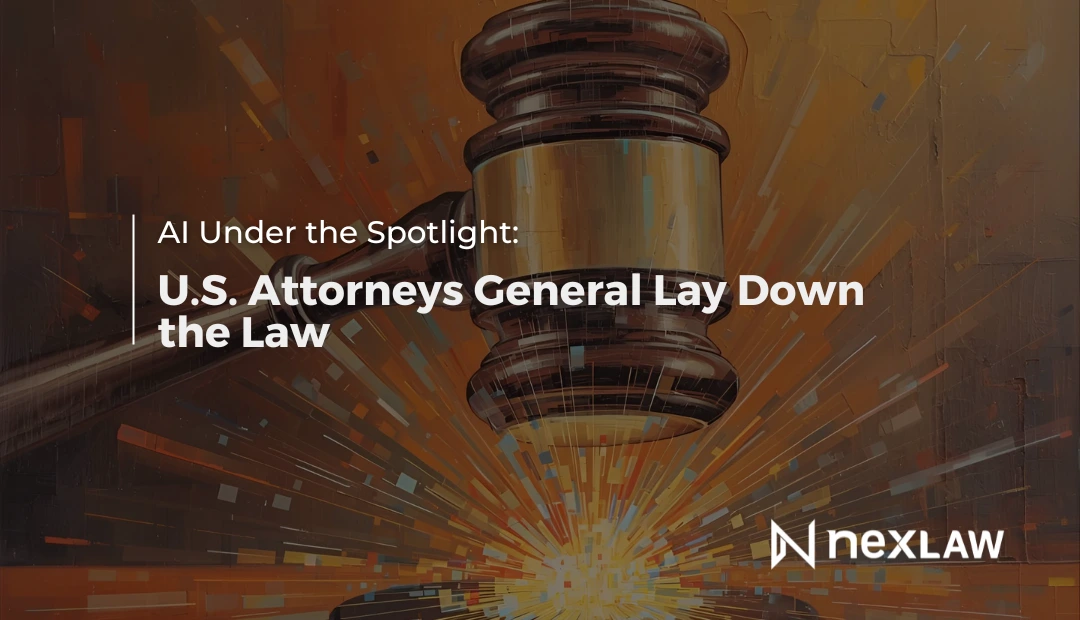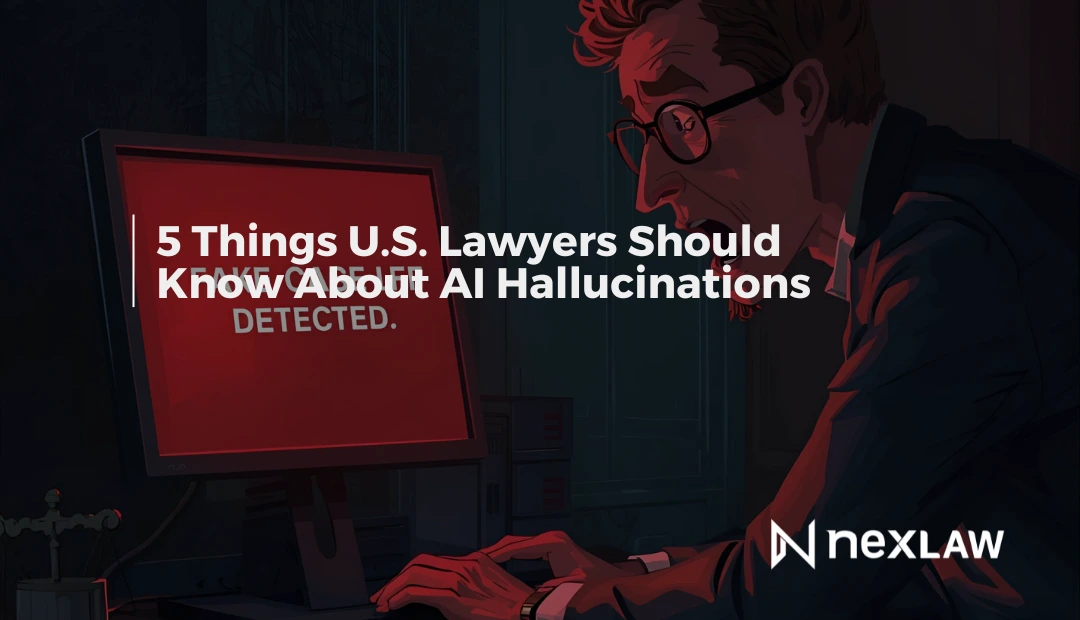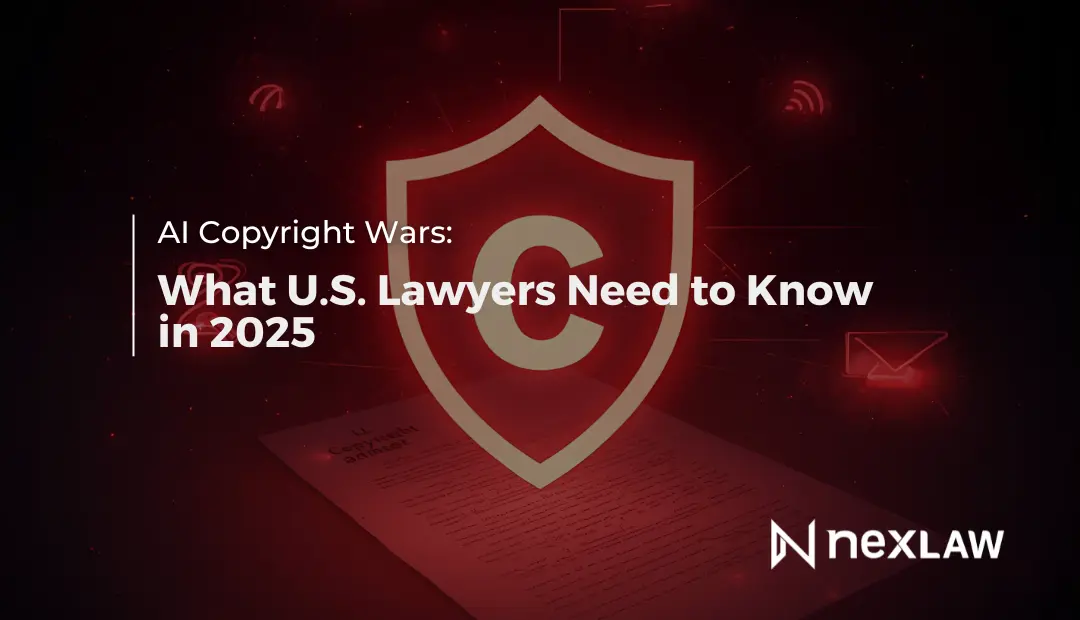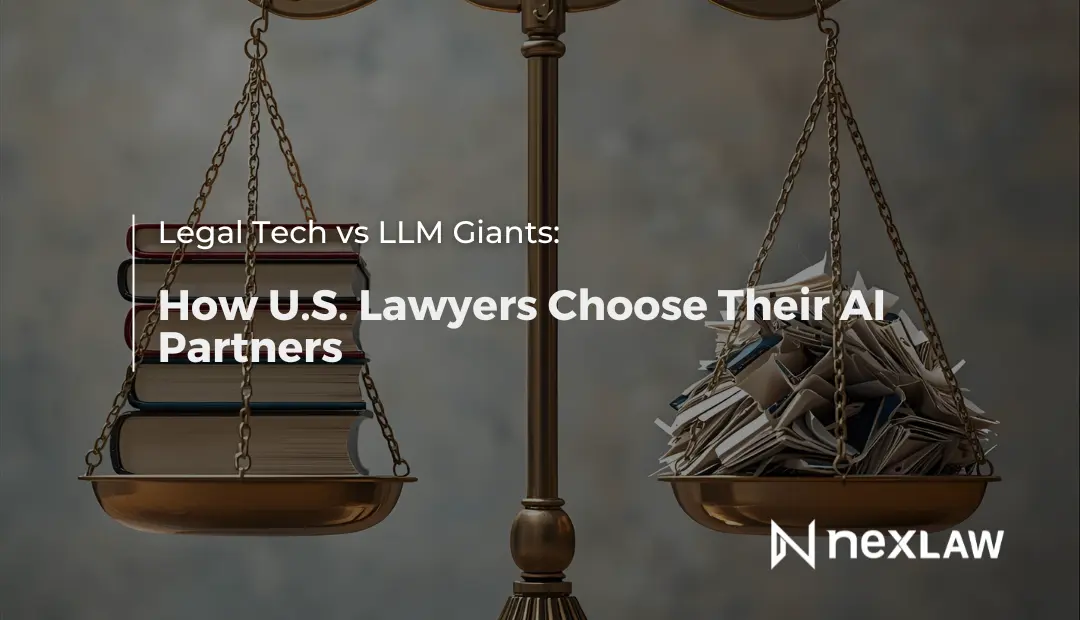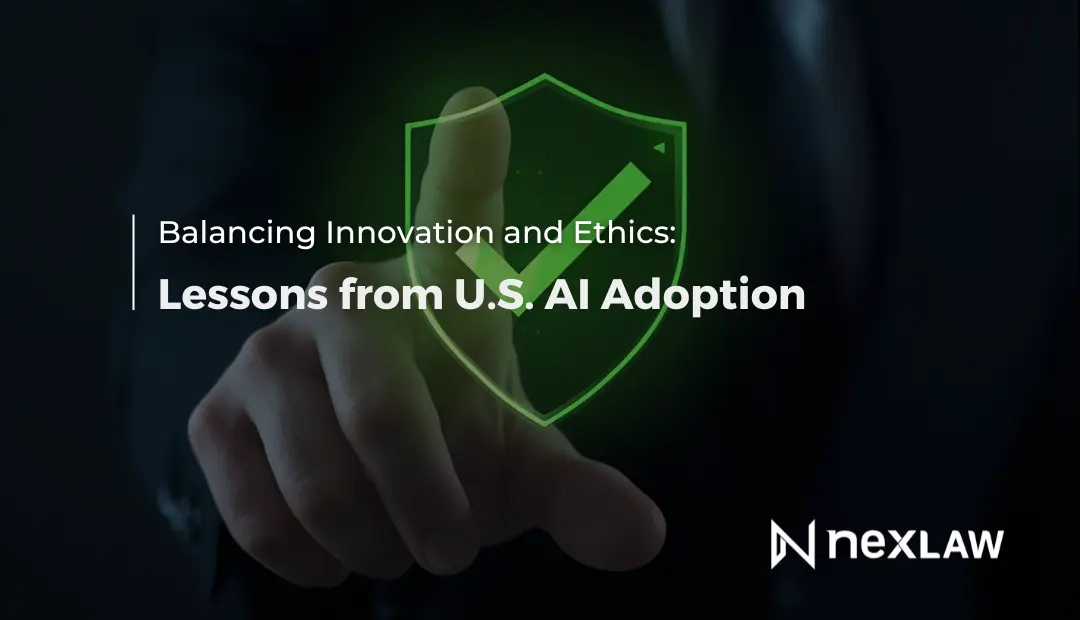Ethical AI for Lawyers: Navigating AI Risks in U.S. Law Firms
Why Ethics Still Matter in the Age of Legal AI
Legal technology is evolving rapidly. Artificial intelligence tools can now analyze contracts, summarize depositions, and even draft legal arguments. But with these capabilities come new questions about how lawyers can use AI ethically while meeting professional standards.
Unlock Legal Insights Instantly!
For U.S. attorneys, adopting AI is not just a business decision. It is a professional responsibility that must align with legal ethics rules, state bar guidelines, and client expectations.
This article outlines key risks in using AI within a legal context and offers guidance on how law firms can stay compliant, secure, and trustworthy.
What Makes AI Use in Law “Unethical”?
Lawyers must follow professional conduct rules in every jurisdiction where they practice. These include duties of competence, supervision, confidentiality, transparency, and diligence.
AI becomes a risk when it undermines any of the following:
- Competence – using a tool you do not understand
- Supervision – allowing AI-generated content into court without review
- Confidentiality – exposing client data to open-web platforms
- Honesty – relying on hallucinated citations or misleading summaries
- Accountability – failing to take full responsibility for AI-generated work
If a lawyer submits an AI-generated motion with fake citations or exposes sensitive client files by uploading them to public tools, these are not tech errors. They are ethical violations.
What Ethical Guidelines Say About AI
The American Bar Association has made it clear: lawyers are responsible for understanding and supervising all technology used in their practice. Many state bar associations have echoed this guidance.
Common directives across multiple states include:
- Review all outputs generated by AI before using them in client work
- Avoid relying solely on AI for legal research or drafting
- Maintain control over legal advice given through any AI interface
- Train staff on risks and responsibilities related to AI use
The message is clear: AI can assist, but it cannot replace human legal judgment.
Common AI Ethics Risks in Legal Practice
| Risk | Impact |
|---|---|
| Unverified citations | Submitting fake cases could lead to sanctions or court penalties |
| Inaccurate summaries | Misstating facts may affect client outcomes or damage your reputation |
| Lack of client disclosure | Undermines trust and may violate duty of transparency |
| Public tool usage with client data | Could breach confidentiality or violate privacy regulations |
| Untrained staff using AI tools | Increases the chance of misuse or unethical outcomes |
How to Apply Ethics While Using AI in Your Firm
- Vet Your AI Provider Do not use tools that cannot explain where their outputs come from. Choose platforms that specialize in legal use and maintain clear audit trails.
- Set Review Protocols Establish a rule that every AI-generated draft, summary, or argument must be reviewed by a licensed attorney before being used or submitted.
- Define Internal AI Policies Put AI usage guidelines in writing. Include approved tools, review workflows, and escalation procedures if content seems inaccurate.
- Stay Transparent If clients ask whether AI is being used in their case, be prepared to explain how and why. Transparency builds trust.
- Continue Your Own Education Make legal tech ethics part of your continuing legal education plan. Stay up to date with evolving best practices.
Client Expectations Are Changing
As AI becomes more common, clients will not only expect faster service. They will also expect accountability and ethical boundaries. Clients want to know their case is being handled by professionals, not outsourced to bots.
That does not mean avoiding AI altogether. It means using it in ways that enhance your service without compromising your values.
Law firms that use AI ethically will gain a competitive edge, while those that cut corners may face consequences.
How NexLaw Enables Ethical AI Use for U.S. Lawyers
Legal innovation does not have to come at the expense of professional ethics. NEXLAW was designed to help U.S. lawyers embrace the benefits of artificial intelligence while maintaining oversight, transparency, and client trust.
Every NexLaw feature is structured to support the ethical duties that lawyers uphold in daily practice.
Tools That Prioritize Professional Responsibility
- NEXA sources legal research exclusively from validated databases and includes full citation visibility so attorneys can confirm accuracy
- CHRONOVAULT 2.0 organizes case materials with complete traceability and does not store client data for AI model training
- TRIALPREP creates litigation timelines and argument maps that are fully editable by attorneys, ensuring human judgment leads every decision
These features allow lawyers to adopt AI while preserving their role as responsible advocates and officers of the court.
Ethics Should Guide Innovation
The legal profession is right to explore how AI can improve outcomes. But innovation must be grounded in the ethical frameworks that define client service and courtroom integrity.
With the right platform, attorneys can use AI not only to work faster but also to work better—with more confidence, more control, and stronger alignment with professional rules.
NEXLAW makes it possible to innovate responsibly without compromising your values.
- Begin your 3-day free trial—no credit card required
- Unlock all features with a 7-day full-access trial—credit card required
- Have questions before starting? Book a demo call and let our legal tech team walk you through
